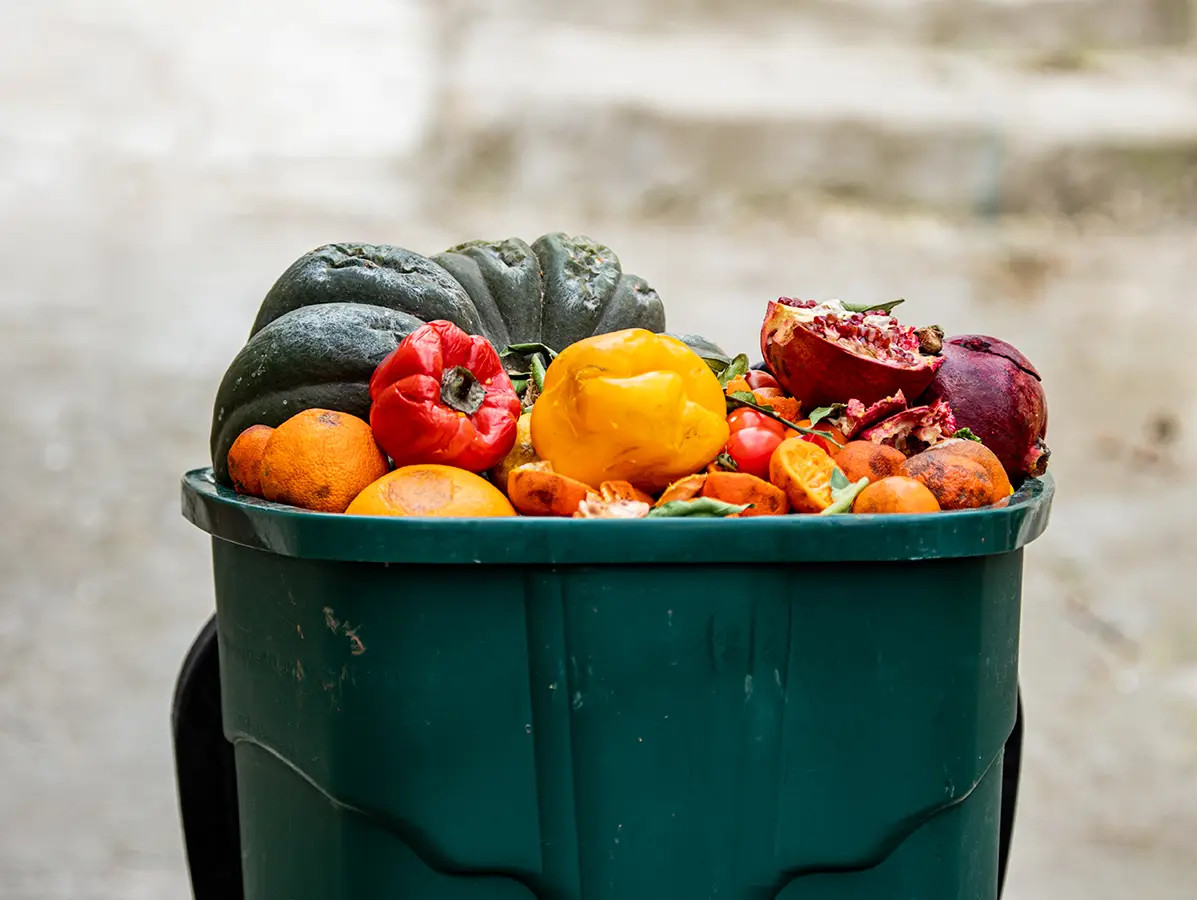
Six out of ten companies in the food industry consider food loss and waste a concern. Yet international research by DNV shows that fewer than a quarter have made it a high priority. This highlights a striking gap between awareness and action.
According to the ViewPoint survey of 375 companies across Europe, North and South America, and Asia, 85% of respondents say they are taking steps to address food loss and waste. However, only 44% have a structured system in place to manage it. Fewer than a third are familiar with the upcoming ISO 20001 standard, which is designed to support reductions in food loss throughout the entire supply chain.
“Our findings suggest that while organisations do recognise the scale of the problem, many are still at the beginning of their journey toward effective, systematic, and structured solutions,” says Barbara Frencia, CEO Business Assurance at DNV.
Companies point to a wide range of causes, including human error, quality issues, processing losses, short shelf life, and inefficient procedures. Responsibility for food waste is often fragmented: in 54% of cases it falls to the production manager, followed by the quality manager (37%) and the plant director (30%).
Some 43% of companies believe that more than 10% of unavoidable waste could be repurposed, for instance in animal feed or other applications. Yet only 19% say they actually do this.
Although 75% have included food waste in their sustainability strategy, only 40% report on it in their sustainability disclosures. And this is often still done manually: 57% use Excel, while 30% still rely on pen and paper. Fewer than a third use internal software. As a result, many companies lack insight and consistent, comparable data.
Frencia: “A structured approach, reliable data, and standards based on best practices are essential for organisations that want to translate intention into measurable impact.”
Source: DNV